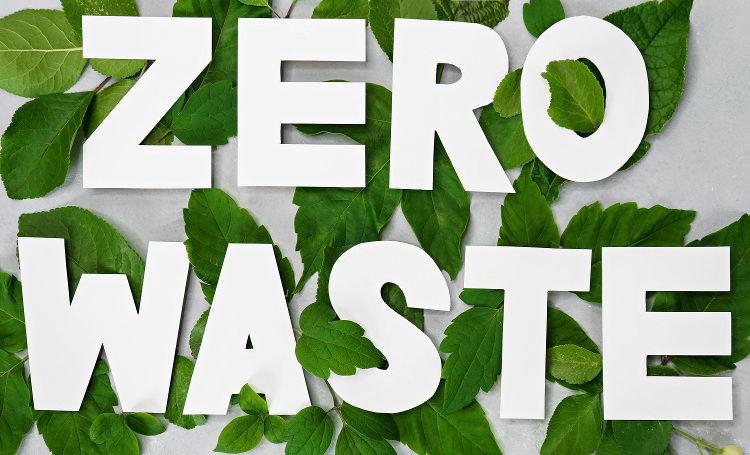DolCas Biotech announces zero-waste goal with focus on upcycling
DolCas Biotech LLC has declared its commitment to accelerate a full-sustainability strategy centered on upcycling typically discarded raw materials to reach a zero-waste goal for its entire portfolio.
Photo © Stock.adobe.com/compauchi

DolCas Biotech LLC (Landing, NJ) has declared its commitment to accelerate a full-sustainability strategy centered on upcycling typically discarded raw materials to reach a zero-waste goal for its entire portfolio. DolCas will coordinate its zero-waste commitment with ongoing clean-label initiatives to maintain full transparency and traceability of its product line.
An example of zero-waste sustainability in action is the firm’s TruOliv polyphenol extract, which is composed of Moraccan-grown olive leaves and whole fruit, including the skin and flesh. The remaining olive pomace, which includes the pits, branches, and unused fruit, is upcycled into smoke-free, natural charcoal briquettes, completing a zero-waste process.
“As with many trends that develop from shared agendas, the uncompromising interest in sustainability and health-awareness is expected to energize the growth trajectory for clean-label products,” says K. G. Rao, president of DolCas, in a press release. “The nutraceuticals industry faces the unique challenge of delivering clinically efficacious end products that merge nutrition with pharmaceutical precision, without concessions for environmentally unfriendly processes or synthetic ingredients.”
Similarly, the company’s Bergacyn liver support complex is made using bergamot (Citrus bergamia) fruit polyphenols, fiber, and wild-crafted artichoke thistle leaf (Cynara cardunculus sylvestris). The pulp and juice from the bergamot serve as upcycled source materials to provide polyphenols and fiber in Bergacyn.
“The peel of the bergamot fruit has traditionally been prized for the extract of its essential oil for use in the perfume industry,” explains Shavon Jackson-Michel, ND, director of medical and scientific affairs for DolCas, in a press release. “The fruit itself – pulp and juice included — were considered nothing more than waste. In fact, it’s been reported that it takes roughly 100 bergamot fruits to produce a mere three ounces of essential oil. This constitutes substantial loss. Moreover, the rich polyphenols in bergamot, if not properly discarded, can lead to soil contamination.”
DolCas also utilizes animal byproduct to reduce waste and create sustainably sourced ingredients. For example, its MoriKol collagen ingredient is derived from discarded fish remnants. “During our 13 years in business, we recognized that when we honor the values of quality, purity, and sustainability, positioning our products becomes easier because we know with assurance that we aren’t shortchanging the most important person in this chain – the consumer,” concludes Jackson-Michel.
Senate Committee has released the text of 2024 Farm Bill, with changes to hemp regulations
November 19th 2024The U.S. Senate Committee on Agriculture, Nutrition, & Forestry has introduced the Rural Prosperity and Food Security Act, which will serve as the Senate’s draft for the 2024 Farm Bill.